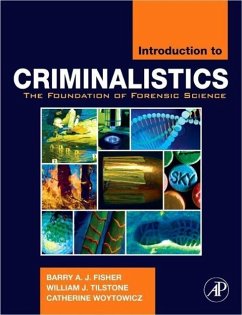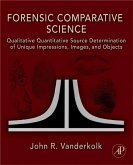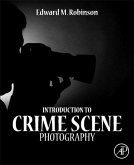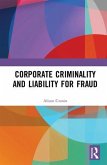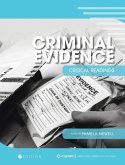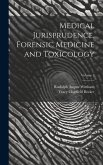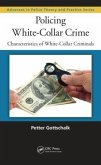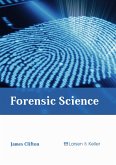Introduction to Criminalistics covers the basics of Criminalistics in a textbook for a one or two semester course, with the intention of preparing the student for a future in forensic science.
The role of the Criminalist is to analyze, compare, identify, and interpret physical evidence in the crime lab. These crime labs, or forensic labs, have two primary functions: identifying evidence and linking the suspect, victim, and crime scene through physical evidence.
This new primer introduces the learner to the structure and organization of the crime lab and to the role of the Criminalist. It features real cases - recent and historic - to illustrate concepts. Colorful pedagogy clearly defines chapter elements and sets this text apart from next best. Topics covered include how to process a crime scene and preserve evidence, the basic principles of firearm examination, latent fingerprints, and rudimentary toxicology, or how to determine the presence or absence of drugs and poisons.
Well organized and methodical, this textbook has the potential to become the standard text for applying techniques of the physical and natural sciences to examining physical evidence.
The role of the Criminalist is to analyze, compare, identify, and interpret physical evidence in the crime lab. These crime labs, or forensic labs, have two primary functions: identifying evidence and linking the suspect, victim, and crime scene through physical evidence.
This new primer introduces the learner to the structure and organization of the crime lab and to the role of the Criminalist. It features real cases - recent and historic - to illustrate concepts. Colorful pedagogy clearly defines chapter elements and sets this text apart from next best. Topics covered include how to process a crime scene and preserve evidence, the basic principles of firearm examination, latent fingerprints, and rudimentary toxicology, or how to determine the presence or absence of drugs and poisons.
Well organized and methodical, this textbook has the potential to become the standard text for applying techniques of the physical and natural sciences to examining physical evidence.

